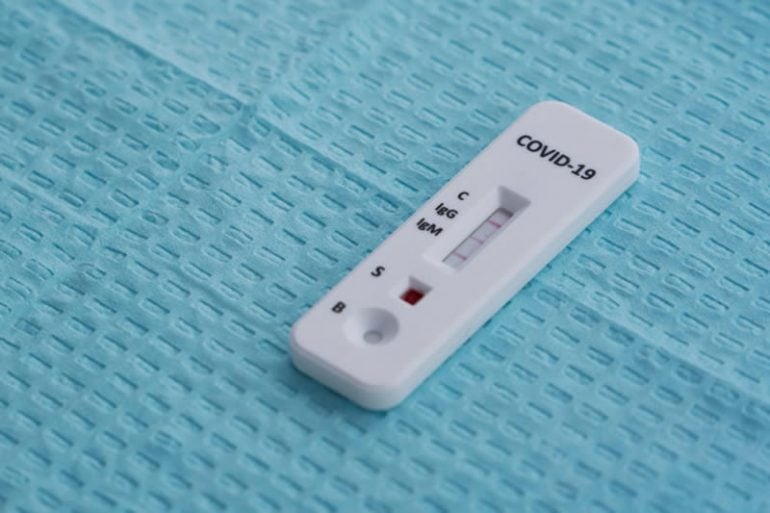Antibody Testing At-A-Glance Recommendations for Professionals
Here is a summary of CDC advice for healthcare providers, laboratory professionals, and public health professionals using antibody tests for SARS-CoV-2, the virus that causes COVID-19.
This virus is new, and what we know about it changes rapidly. CDC’s guidance will be updated as more information becomes available.

- Choose antibody tests that have Emergency Use Authorization (EUA)external icon from the U.S. Food and Drug Administration.
- Do not use COVID-19 Antibody Test to determine a person’s immune status until evidence confirms that antibodies provide protection; how much antibody is protective; and how long protection lasts.
- Antibody test results should not be used to diagnose someone with an active infection.
- Antibody tests can support the clinical assessment of COVID-19 illness for people who are being tested 9 to 14 days after illness onset, in addition to recommended virus detection methods such as PCR. This will maximize sensitivity as the sensitivity of nucleic acid detection is decreasing and serologic testing is increasing during this time period.
- Antibody testing can help establish a clinical picture when patients have late complications of COVID-19 illness, such as multisystem inflammatory syndrome in children.
- Minimize false positive results by choosing an antibody test with high specificity and by testing populations and people who are likely to have had COVID-19. When testing people who live in an area where not many people have had COVID-19, consider using a second antibody test in addition to the first to better understand whether the initial result may have been a false positive.
Readmore: Test for Past Infection (Antibody Test)